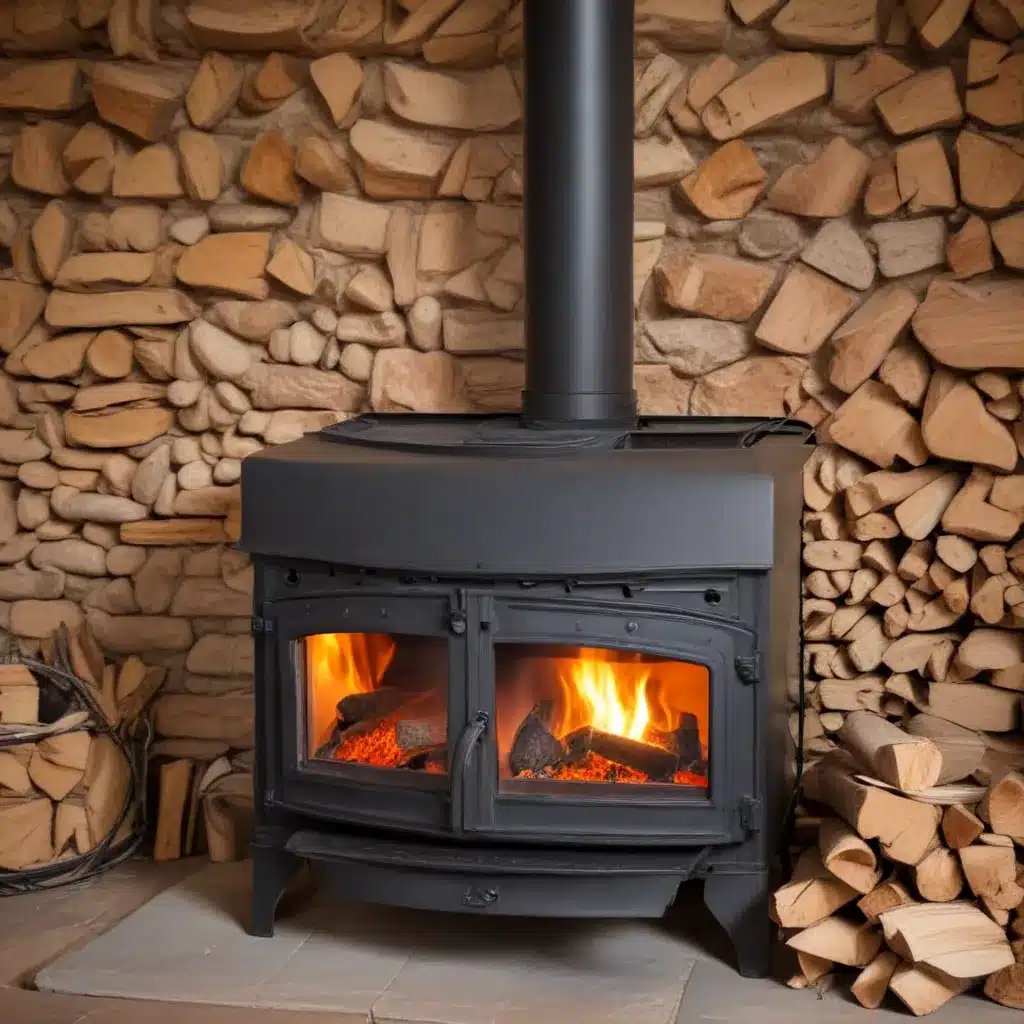
The Evolving Landscape of Wood Stove Innovations
The wood stove industry has undergone a remarkable transformation in recent years, driven by a relentless pursuit of efficiency, cleanliness, and sustainability. As the demand for renewable heating solutions continues to rise, the U.S. Department of Energy (DOE) has played a pivotal role in catalyzing innovation through initiatives like the Wood Heater Design Challenge (WHDC). This competition has brought together some of the brightest minds in the industry, showcasing cutting-edge advancements that are poised to reshape the future of wood-based heating.
The Wood Heater Design Challenge: Driving Innovation
The WHDC, a collaborative effort between DOE’s Bioenergy Technologies Office (BETO), Brookhaven National Laboratory (BNL), Lawrence Berkeley National Laboratory (LBNL), and the Alliance for Green Heat, has unearthed remarkable innovations in wood stove technology. The winning teams, Davidon Industries, Aprovecho Research Center, and Kleiss Engineering, have each demonstrated novel approaches that push the boundaries of wood heater automation and efficiency.
Davidon Industries, the first-place winner, has developed a mechanically automated, combustion-air control technology for cordwood heaters that consistently delivers exceptional performance with minimal energy input requirements. Aprovecho Research Center’s second-place entry features a novel burn pot, airflow configuration, and sensor package for pellet heaters, showcasing advancements in cleaner and more efficient wood heating solutions. Kleiss Engineering’s third-place winner, a smart wood stove heater with advanced control valves, minimal power constraints, and cost-effective manufacturing design, further underscores the industry’s commitment to innovation.
“Embracing innovation allows us to challenge existing norms, push boundaries, and discover new solutions that can reshape the entire industry,” said Dr. Valerie Sarisky-Reed, Director of BETO. “Wood stove research is part of DOE’s overall strategy to develop affordable bioenergy technologies and convert our nation’s renewable resources into fuels, power, products, and in this case, more efficient wood stoves for homeowners.”
Optimizing Fuel Quality for Advanced Wood Stove Technologies
As the wood stove industry continues to evolve, the challenge of optimizing fuel quality has become increasingly critical. The performance and emissions of wood stoves are heavily dependent on the characteristics of the fuel being burned, and advancements in stove technology have further heightened the importance of fuel quality.
Understanding the Role of Fuel Characteristics
The moisture content, density, and chemical composition of wood fuel can have a significant impact on the efficiency and environmental impact of a wood stove. High moisture content, for example, can lead to increased smoke emissions, decreased heat output, and reduced overall efficiency. Conversely, properly seasoned, low-moisture wood fuel can significantly improve the performance and cleanliness of a wood stove.
In addition to moisture content, the density of the wood fuel can also play a crucial role. Denser hardwoods, such as oak and maple, tend to burn more slowly and steadily, providing a longer and more consistent heat output. Softer, less dense woods, like pine and fir, may burn more quickly and produce a shorter, more intense heat.
The chemical composition of the wood fuel, particularly the ratio of volatile organic compounds (VOCs) to fixed carbon, can also influence the combustion process and emissions profile. Fuels with higher VOC content may generate more smoke and particulate matter, while those with a higher fixed carbon content can burn more cleanly and efficiently.
Addressing Fuel Quality Challenges
Ensuring consistent and high-quality wood fuel can be a significant challenge, especially for homeowners and small-scale users. Factors such as regional availability, storage conditions, and proper seasoning can all impact the quality of the wood fuel. Addressing these challenges requires a multi-faceted approach that combines education, regulation, and innovative technological solutions.
One potential solution is the development of standardized fuel quality certification programs, similar to those found in the pellet fuel industry. These programs could establish clear guidelines for moisture content, density, and chemical composition, providing consumers with a reliable way to identify high-quality wood fuels. Additionally, increased access to seasoned, pre-split wood or even automated wood fuel processing systems could simplify the fuel preparation process for end-users.
Integrating Fuel Quality Sensors and Controls
Advances in sensor technology and automated control systems have the potential to revolutionize the way wood stoves interact with their fuel. By incorporating real-time monitoring of fuel characteristics, wood stoves can dynamically adjust combustion parameters to optimize efficiency and minimize emissions.
For example, sensors that continuously measure moisture content and density could provide feedback to the stove’s control system, enabling it to adjust air intake, burn rate, and other variables to ensure complete and efficient combustion. This integration of fuel quality monitoring and adaptive controls could significantly enhance the performance of next-generation wood stoves, making them cleaner, more efficient, and more user-friendly.
The Path Forward: Collaboration and Continued Innovation
The success of the Wood Heater Design Challenge and the ongoing efforts to optimize fuel quality for advanced wood stove technologies highlight the importance of collaboration and continuous innovation in the wood heating industry. By leveraging the expertise of national laboratories, research centers, and industry partners, the DOE and its allies are driving the development of more sustainable and accessible heating solutions for American households.
As the demand for renewable and affordable heating options continues to grow, the wood stove industry is poised to play a pivotal role in meeting this challenge. By addressing the complex issue of fuel quality optimization, industry leaders can unlock the full potential of their advanced technologies, delivering cleaner, more efficient, and more user-friendly wood stoves to the market.
Through the Wood Heater Design Challenge and other DOE-funded initiatives, the path forward for the wood stove industry is clear: a future where innovation, collaboration, and a relentless focus on sustainability converge to provide homeowners with the heating solutions they need for a greener, more energy-efficient tomorrow.


